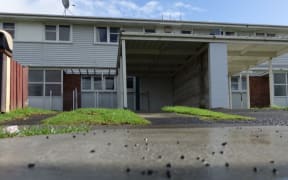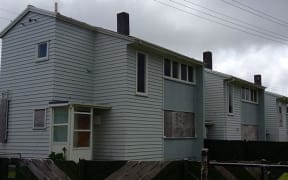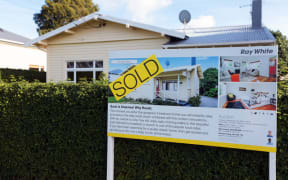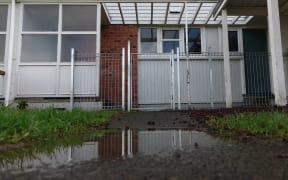Tenants are wary of being exploited by landlords under new laws requiring rentals to be insulated and to have smoke alarms.
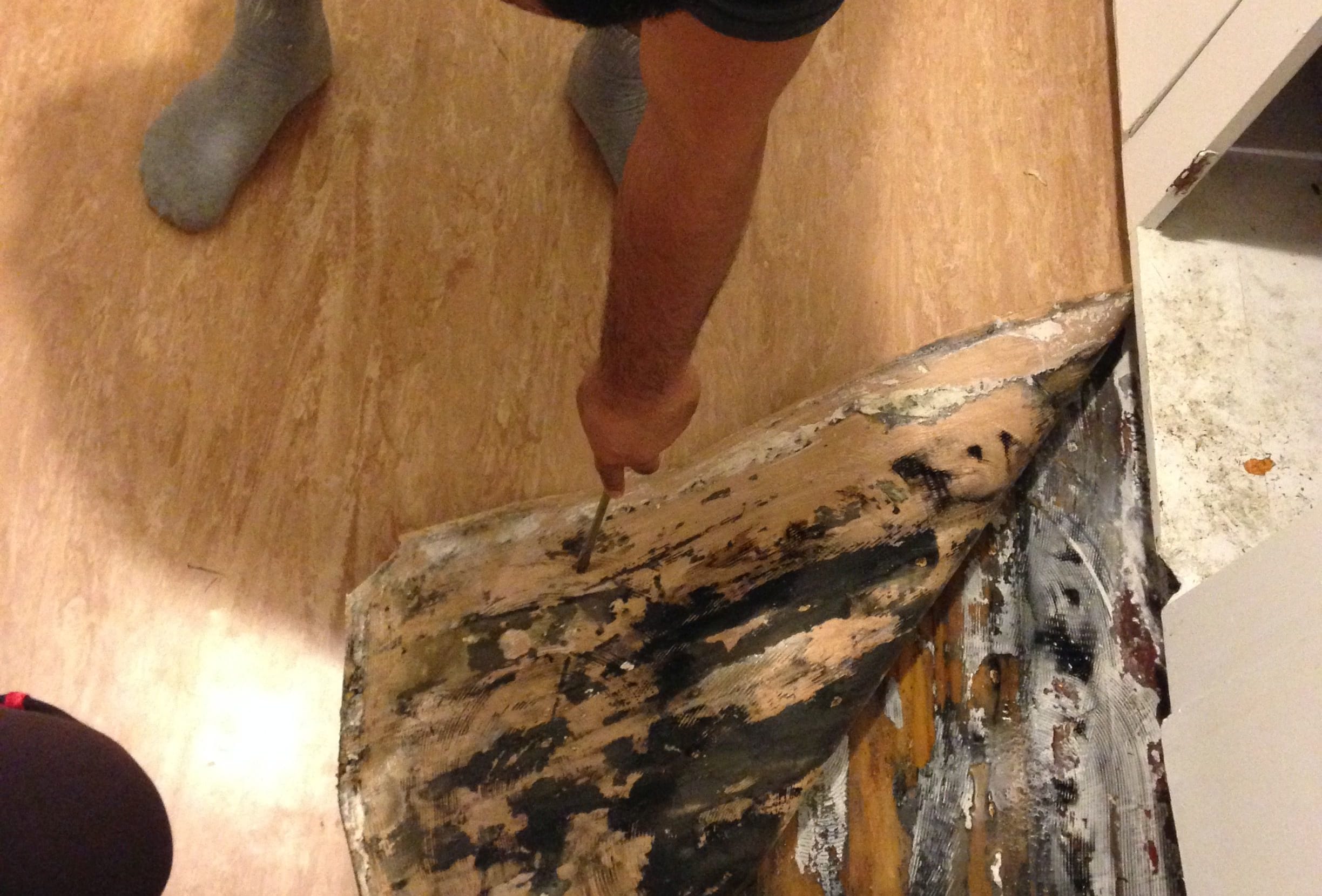
Rotting floorboards in a state house Photo: RNZ / Nicole Pryor
Under the legislation, which is set to be introduced in October, ceiling and underfloor insulation will need to be retrofitted in social housing by next July, and in all other rental homes by July 2019.
But critics have said it has not come close enough to the proposed Warrant of Fitness.
The law would apply to social housing that was heavily subsidised by the Government, and other rental houses, including boarding houses.
Jevan Bowley was a former resident of Auckland's Oceanic Hostel, and said while the law changes are positive, if boarding houses were included, hostels should be too.
"It was a dive, I mean when I was initially going through there I was going through a marriage failure, and I looked at the place and I was like...'Really, this is a third-world place in Auckland city, is this what we're going to be paying money for?' It was ludicrous."
Mr Bowley said vulnerable tenants who stayed in hostels needed protection.
"Landlords can actually exploit their tenants to their own means, and it's actually quite bad and it needs to change," he said.
Precious Bassett, 24, said her Hamilton rental was like a freezer.
"Oh it's freezing, like the kids and I don't even want to get up sometimes, but we have to because of school and stuff like that...but yeah, it's like an icebox," she said.
Ms Bassett, a full-time student with two children, said insulation would improve all of their lives.
"For me, it would probably be health, because I suffer from a disability which is a respiratory disability, so when it's cold it affects me quite badly...other than that, it would probably be financially, it would help out due to the power and stuff like that," she said.
But in saying that, she said she was hoping her landlord would not up the prices.
A property manager in south Auckland, Lisa Loader, said that would happen in some cases.
"There will be landlords who'll be looking to try and recoup some of their costs from the tenants, and through their rents, but I think property managers just need to be really careful about places that are being over-rented, just to try and put the brakes on a little bit for the rents that are going extremely high," she said.
"The houses absolutely, as a basic, need to be warm and dry - our insulation is the way we're going to do that to begin with. It's a no-brainer, it's been waiting to happen."
Others were lukewarm on the changes, as it was a far cry from the proposed rental Warrant of Fitness.
Auckland's deputy mayor Penny Hulse said it was a reasonable first step, but not enough to help some of the most vulnerable tenants in the country.
"The one part that does worry me is, particularly in areas like Auckland where we've got a real crunch on the availability of rental properties, they might put up with really bad living standards and not be brave enough to put their hands up and tackle their landlord about this," she said.
She said the new standards relied on tenants making a complaint about the state of their rental accommodation.
Property Institute Chief Executive Ashley Church said the Government had missed an opportunity to do something meaningful.
"These measures were largely designed for three purposes - one of them is to neutralise the Government's opponents who've been talking about these things for some time, one of them was obviously to placate tenancy advocate groups, and the third I think is to be seen to improve the lot of tenants in areas like Auckland, where many people can now no longer afford to buy a home," he said.
"If the aim is to improve tenant comfort and safety then there should have been a focus on checking things such as whether the house is damp or leaking, whether there is clean water, whether the hot water cylinder is in good condition, whether all services are properly connected and whether there are any electrical faults."
Mr Church said most landlords would support initiatives aimed at maintaining higher standards.
